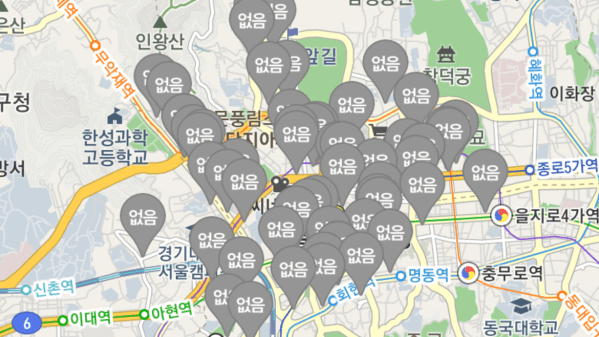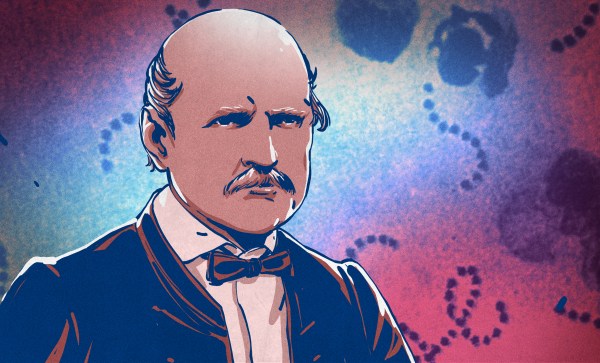South Korea’s Disease Control and Prevention Agency launched a pilot program yesterday to minimize vaccination waste using a nationwide smartphone app. People who are over 30 years of age can search for leftover doses on their smartphones. If any are available, they can book an appointment immediately within the app, and then get to the medical center within hours to receive the injection. One can tag up to five nearby inoculation centers to receive an instant message when a dose becomes available.
These leftover doses arise from people who have missed their appointment, but also just as you would expect when considering the short shelf life of the opened vaccine, the number of doses per vial, and modulo arithmetic. Within hours of the program rolling out, people began complaining about server problems and the lack of available doses. But this is a pilot program, after all, so some glitches are to be expected.
The full program is supposed to begin on June 9th, although it isn’t clear how it will be different from the pilot project, other than presumably having fewer bugs. The lead picture above shows the availability of leftover vaccines in central Seoul this morning — zero (the symbol 없음 means “none”). But the system does indeed work and people received vaccinations yesterday utilizing this program.
Technically speaking, this isn’t a new app, but rather, it is integrated into the two most popular South Korean portal sites. Anyone already using KakaoTalk or the Naver portal on their smartphone can use this leftover vaccination service with just the press of a few icons. Are the health authorities in your region utilizing smartphone apps or online reservations sites to distribute these leftover doses, doses that would otherwise be discarded? Let us know in the comments below.












